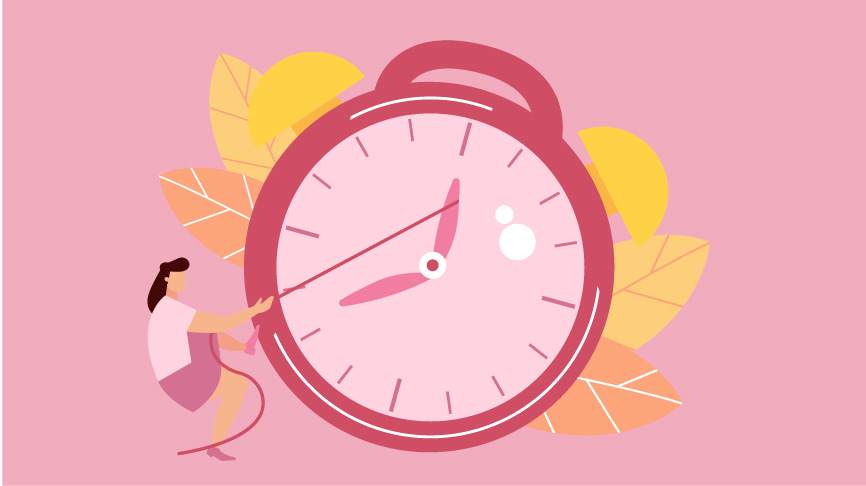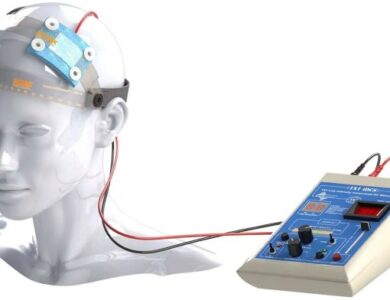Early Menopause: Unveiling the Silent Transition

An Unexpected Transition
Menopause, the natural cessation of menstruation, typically occurs between the ages of 45 and 55. However, for some women, this transition arrives early, marking the onset of early menopause or premature menopause, defined as menopause occurring before the age of 40. Early menopause can be a daunting experience, often accompanied by a myriad of physical, emotional, and social challenges.
Normally menopause is diagnosed after a woman has gone 12 consecutive months without a menstrual period.
Understanding the Prevalence
Early menopause affects approximately 1 in 100 women worldwide, translating to millions of women facing this unexpected life change. The prevalence of early menopause is attributed to various factors, including genetic predisposition, medical conditions like autoimmune diseases or ovarian surgeries, and certain lifestyle choices like smoking.
A Symphony of Symptoms
The hallmark symptom of early menopause is the permanent cessation of menstrual periods. However, this is accompanied by a range of other physical and emotional changes, including:
Hot flashes: Sudden surges of intense heat, often accompanied by sweating and rapid heart rate.
Night sweats: Drenching perspiration during sleep, disrupting sleep patterns and overall well-being.
Vaginal dryness: Reduced estrogen levels lead to thinning and shrinkage of vaginal tissues, causing discomfort and pain during intercourse.
Mood swings: Emotional fluctuations, including irritability, anxiety, and depression, can significantly impact relationships and daily life.
Sleep disturbances: Difficulty falling asleep, staying asleep, and experiencing restful sleep, further exacerbating other symptoms.
Cognitive changes: Some women may experience memory lapses, difficulty concentrating, and decreased focus.
Navigating the Emotional Rollercoaster
Early menopause can be an emotionally challenging experience, as women grapple with the loss of fertility, changes in body image, and the perception of aging prematurely. The sudden shift in hormonal balance can trigger feelings of anxiety, sadness, and even anger.
Expert Insights: Shedding Light on Early Menopause
“Early menopause can be a disruptive and distressing life event,” acknowledges Dr. Emily Symons, a renowned gynecologist specializing in women’s health. “It’s crucial for women experiencing early menopause to seek medical guidance and support, as there are effective strategies to manage symptoms and improve overall well-being.”
Research Unraveling the Mysteries
A study published in the journal “Human Reproduction” highlighted the association between early menopause and an increased risk of cardiovascular diseases, emphasizing the importance of lifestyle modifications and preventive measures.
Seeking Support and Empowerment
Early menopause doesn’t have to be a solitary journey. Numerous support groups, online forums, and healthcare professionals are available to provide guidance, emotional support, and evidence-based treatment options.
Emerging Therapies: Offering Hope
Hormone replacement therapy (HRT) remains the mainstay treatment for early menopause, effectively alleviating hot flashes, night sweats, and vaginal dryness. However, alternative therapies like acupuncture, yoga, and mindfulness practices have also gained recognition for their potential benefits in managing symptoms and promoting overall well-being.
Embracing a New Chapter
Early menopause can be a challenging transition, but it’s important to remember that women are not alone. With timely medical attention, supportive resources, and a commitment to self-care, navigating this life change can be a journey towards renewed health, resilience, and empowerment.




